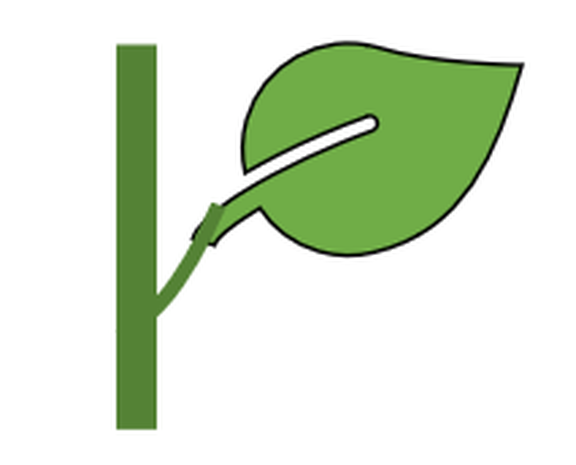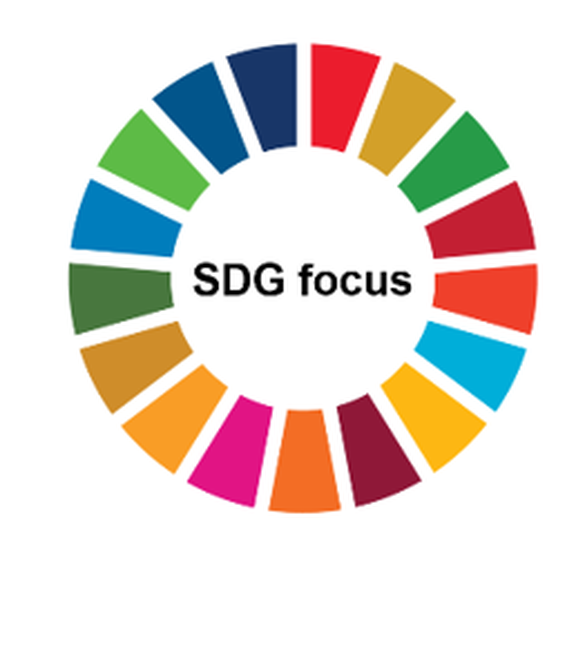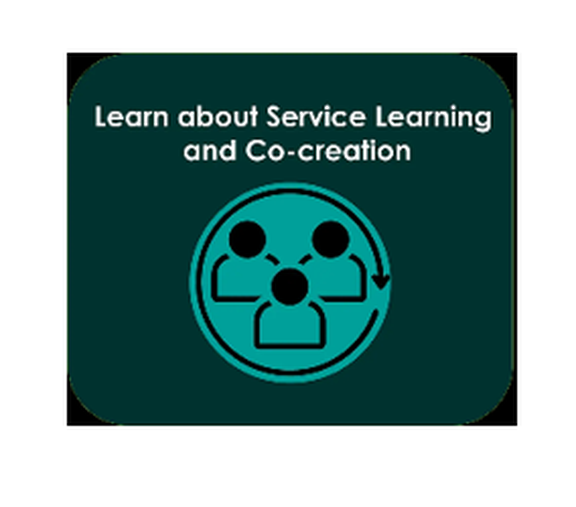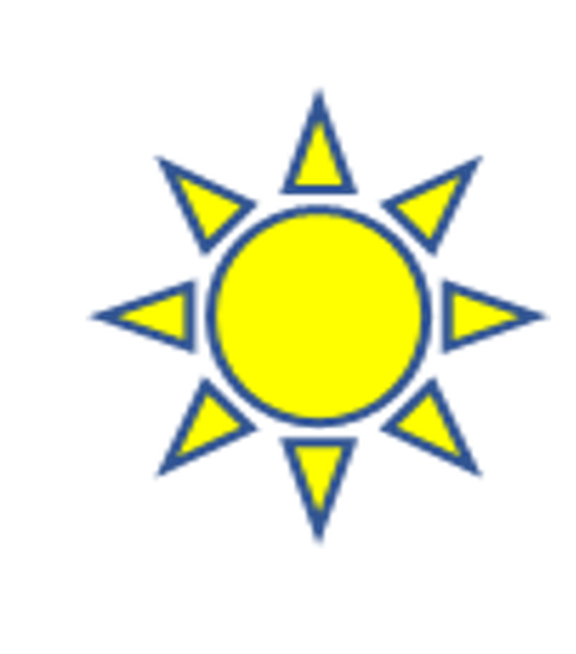Aurora Teaching Development
One of Aurora's overarching visions is to equip students with the competencies and science-based attitude („mindset“) needed to tackle major societal challenges. The contribution of university education plays a significant role in this context.
To this is closely related another goal of Aurora: namely, to accompany these efforts by developing common principles, quality criteria, infrastructures, and frameworks that will allow more deeper collaboration among Aurora universities in the development, implementation, and evaluation of studies and teaching at various levels - especially within the scope of courses.
To support academics in the further development of their teaching in the context of these efforts, various support formats are available. These formats are linked to corresponding criteria for funding.
Criteria for courses, which will be (co-) financed by Aurora funds
In the following, you will find both mandatory and optional criteria that are applied in the Aurora teaching development and which support the above-mentioned goals. These are primarily derived from the project goals of the EU-funded Aurora European Universities Alliance and are therefore themselves still subject to development in this European Alliance. Information/links, will be further developed, revised and supplemented on a regular basis as the project progresses.
Please note that the subdivision into mandatory and optional criteria only apply in the case of an application for funding. For the answer to the LDV checkbox "The course pursues one or more objectives within the framework of Aurora Teaching Development", the diverse criteria can be used independently as orientation of this classification.
Mandatory criteria
The following mandatory criteria (subject relevance and language of instruction) must be fulfilled in order to be financed by Aurora funds:

The course must be thematically and in terms of learning outcomes directly related to one of the following four Pilot Domains (thematic challenge areas)
- Sustainability & Climate Change
- Digital Society & Global Citizenship
- Health & Well-being
- Culture: Diversity & Identity
and/or take up Social Entrepreneurship & Innovation thematically or as learning outcome.

The course must also be related to at least one, if possible, several Sustainable Development Goals (SDGs) and describe these accordingly in the course catalog (content and/or learning outcome) and display them transparently (cf. course data management check box SDGs).
Further information:
https://www.uibk.ac.at/international/aurora/sdg/index.html.en or
https://www.uibk.ac.at/international/aurora/sdg/bildung-fuer-nachhaltige-entwicklung.html.en

The course is held in English.
Selection criteria (two out of three)
At least two (out of three) of the following three elective criteria must be fulfilled in order to finance the course by Aurora funds:

The course is curricular in a required and/or elective module and will be “filled up” with students from other Aurora universities until a certain number is reached.
OR
This course will be designed and offered specifically for all Aurora students as a course in the Interdisciplinary or Generic Skills module.
Further information
In an ongoing development process, various pedagogical approaches and methods are being discussed within the Aurora European Universities Alliance - linked with the aim of identifying and further developing those methods and approaches that are particularly suitable for increasing the social relevance of university teaching, learning, and training activities.
In the end, however, lecturers themselves must always determine (and take responsibility for) which method, which approach, or which combination of methods and approaches will bring the greatest added value for their own teaching and for achieving the intended learning outcomes.

2a: Team-Teaching
Team-Teaching in the Aurora context is understood as a cooperative teaching/learning method in which two or more lecturers jointly plan a course (create a syllabus, formulate learning outcomes, choose didactics/methods, etc.), conduct and evaluate (the students’ performance). The lecturers jointly take responsibility for the success of the course and jointly reflect on the students' evaluation of their teaching (evaluation/monitoring).
The lecturers come from different Aurora universities, but at least from different disciplines. This is also to allow for diversity of perspectives and methods (e.g., theory and practice), but especially to allow for interdisciplinarity (diversity). Opposing viewpoints can inspire students to participate more actively and think independently, especially if the team is balanced in terms of socioeconomic or sociocultural viewpoints (e.g., gender, ethnicity, or age). In the best case, Team-Teaching can combine the strengths of the involved lecturers and compensate for weaknesses.
Further information
Team Teaching (Explanation Application/registration course data management)

2b: Service Learning & Co-Creation
Service Learning is understood in the Aurora context as a teaching or learning method that links direct community involvement in the form of interest groups (stakeholders, businesses, NGOs, community service, etc.) with academic learning, personal growth, and (civic) responsibility.
Co-Creation is a form of service-learning that involves the collaboration of different stakeholders in the co-production of value/knowledge (concepts, solutions, products, services).
Together, these two approaches foster the engagement of scholars, teachers, and students with societal stakeholders in order to tackle societal challenges.
Further information

A significant international learning experience in Aurora context is defined as a minimum 5-day international, intercultural academic learning experience.
Learning outcomes can be achieved through physical mobility, through virtual formats/learning settings such as Collaborative International Online Learning, COIL (example) or through “mixed formats” (blended format). The goal of inclusion should also be considered.
Within the framework of individual courses, a particular focus is set on virtual exchange formats and short-term mobilities. This should and can be supported by appropriate funding (mobility grants) for students but also for teachers.
Illustration of Aurora Courses in Universität Innsbruck course catalog
Courses that meet the Aurora criteria listed above can and should be identified in Universität Innsbruck course catalog.
For this purpose, a separate category “Aurora” has been added to the section “Interdisciplinary and additional courses” of the course catalog (again subdivided into the different study levels). Currently, courses that meet the criteria for Aurora courses but are only accessible to students of Universität Innsbruck can also be assigned to this section.
Aurora courses that are open to students from other Aurora universities are also assigned to this section. They indicate their accessibility (opening) within the course description (course catalog) and link to the respective registration and information pages within this description.
Additional information regarding the (interim) procedures for admission (including enrollment/registration) students from other Aurora universities is available via following link: https://www.uibk.ac.at/en/international/aurora/aurora-course-offerings/universitat-innsbruck/
